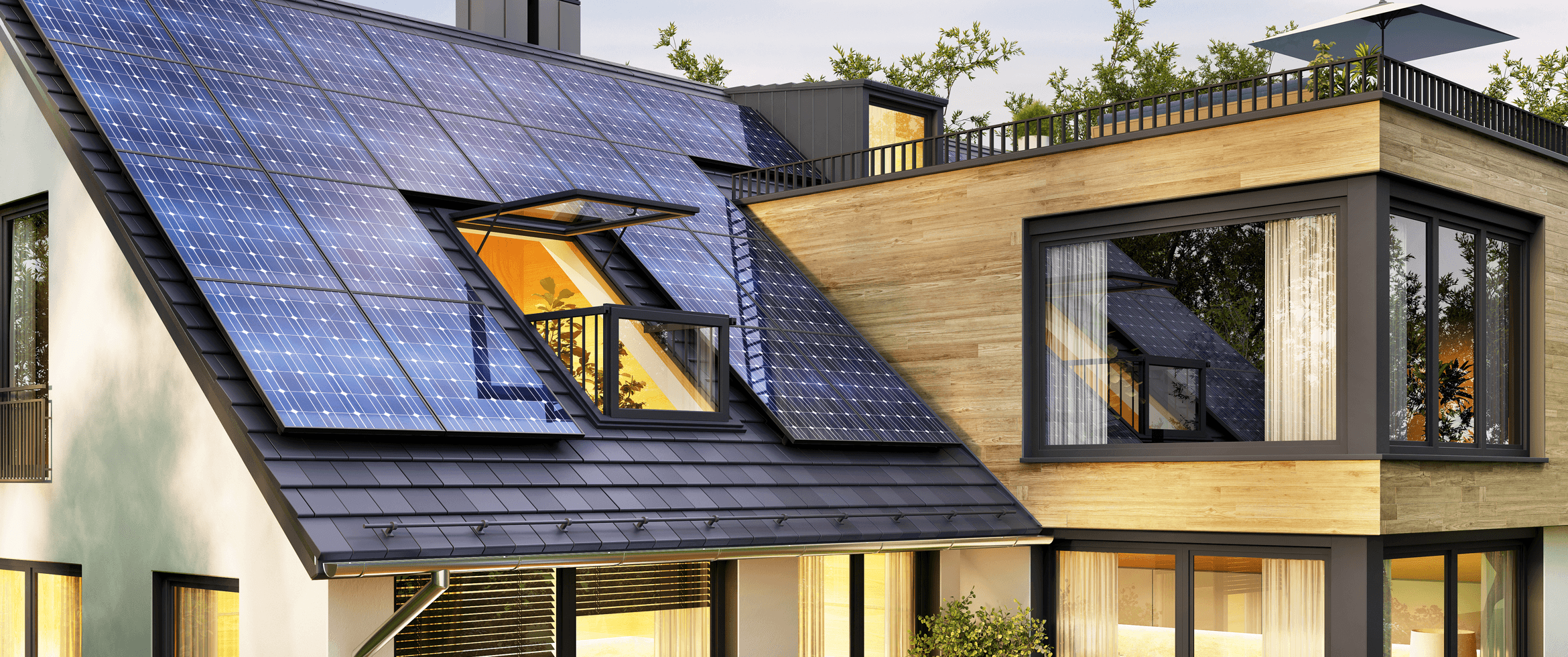Household Income, Electricity Use, and Rate-Structure Preferences
Blocker, T. J. & Koski, P. R. (1984). Household income, electricity use, and rate-structure preferences. Environment and Behavior, 16, 5, 551-572.
Diffusion of Energy-Conserving Innovations
Darley, J. M., & Beniger, J. R. (1981). Diffusion of energy-conserving innovations. Journal of Social Issues, 37, 2, 150-171.
Evaluating Acceptability and Effectiveness of Consumer Energy Conservation Programs
Claxton, J. D., Ritchie, J. R., & McDougall, G. H. (1983). Evaluating acceptability and effectiveness of consumer energy conservation programs. Journal of Economic Psychology, 4, 1-2, 71-83.
Assessing Communication Effects on Energy Conservation
Craig, C. S. & McCann, J. M. (1978). Assessing communication effects on energy conservation. Journal of Consumer Research, 5, 82-88.
Energy Conservation Behavior: The Difficult Path from Information to Action
Costanzo, M., Archer, D., Aronson, E., & Pettigrew, T. (1986). Energy conservation behavior: The difficult path from information to action. American Psychologist, 41, 5, 521-528.
Lifestyle and Home Energy Conservation in the United States: The Poor Accept Lifestyle Cutbacks while the Wealthy Invest in Conservation
Dillman, D. A., Rosa, E. A., & Dillman, J. J. (1983). Lifestyle and home energy conservation in the United States: The poor accept lifestyle cutbacks while the wealthy invest in conservation. Journal of Economic Psychology, 3, 3-4, 299-315.
From Social Psychology to Political Economy: A Model of Energy Use Behavior
Dholakia, R. R., Dholakia, N., & Firat, A. F. (1983). From social psychology to political economy: A model of energy use behavior. Journal of Economic Psychology, 3, 3-4, 231-247.
Why Is it So Hard to Sell "Savings" as a Reason for Energy Conservation?
Feldman, S. (1987). Why is it so hard to sell "savings" as a reason for energy conservation?. Energy Efficiency: Perspectives on Individual behavior, 27-40.
Using Social Cognition and Persuasion to Promote Energy Conservation: A Quasi-Experiment
Gonzales, M. H., Aronson, E., & Costanzo, M. A. (1988). Using social cognition and persuasion to promote energy conservation: A quasi-experiment. Journal of Applied Social Psychology, 18, 12 (Pt 2), 1049-1066.
Communication and the Adoption of Energy Conservation Measures by the Elderly
Griffin, R. J. (1989). Communication and the adoption of energy conservation measures by the elderly. Journal of Environmental Education, 20, 4, 19-28.



